However, when bank capital, people's idle money and business resources are poured into real estate instead of production - a field that requires large investments, high risks but brings real value - the economy is at risk of distorted and unbalanced capital allocation.
Over the past decade, Vietnam has been among the countries with the fastest real estate price growth in the region. In just 5 years, housing prices have increased by more than 50%, surpassing the US, Japan, and Singapore. This has not only made the dream of settling down for millions of people a distant dream, but also created deeper consequences for the economy and society. Rapidly increasing housing prices have made it almost impossible for ordinary workers to buy houses in urban areas, forcing them to live far from their workplace, leading to long commute times, high living costs, reduced productivity and quality of life. The lack of affordable housing and social housing has further increased inequality, especially in large cities.
The impact of land prices does not stop at housing demand. When the cost of renting premises, warehouses, and production facilities increases, the competitive advantage in terms of costs, which is a strong point in attracting foreign direct investment (FDI) in Vietnam, is eroded. In the context of strong competition from countries such as Indonesia and India, rapidly increasing land prices can cause Vietnam to lose its strategic position. If FDI incentives by exempting or reducing land rents continue, the gap between foreign enterprises and the domestic private sector will widen, contrary to the spirit of Resolution No. 68-NQ/TW of the Politburo on private economic development.
In addition, when the market is driven by speculation and unrealistic expectations, asset prices are prone to forming bubbles.
To avoid this scenario, it is necessary to quickly restructure the real estate market in a way that serves the real economy. The top priority is to reform the land market, ensuring transparency and fairness. Taxing assets, especially on abandoned real estate, can limit speculation, along with measures to control transactions that do not create added value, such as imposing anti-speculation taxes. At the same time, credit policies need to prioritize social housing projects, supporting homebuyers with real housing needs, thereby helping the market develop healthily, while maintaining the long-term competitiveness of the Vietnamese economy.
Thy Tho wrote
Source: https://nld.com.vn/den-luc-tai-cau-truc-19625081120063211.htm


![[Photo] Closing ceremony of the 18th Congress of Hanoi Party Committee](https://vphoto.vietnam.vn/thumb/1200x675/vietnam/resource/IMAGE/2025/10/17/1760704850107_ndo_br_1-jpg.webp)







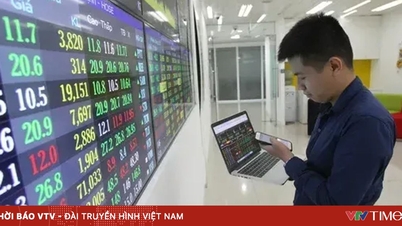




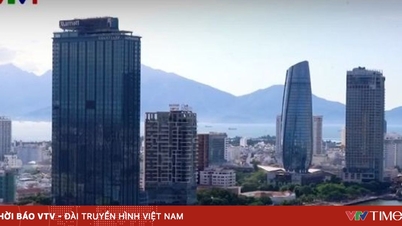






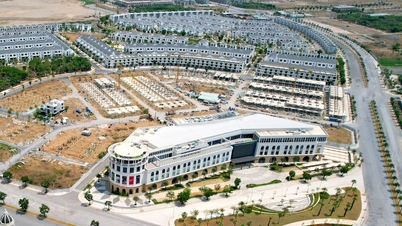







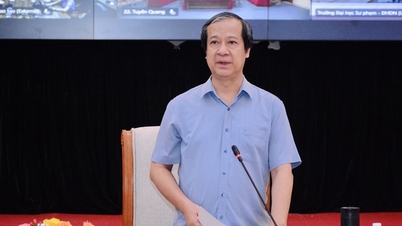




![[Photo] Nhan Dan Newspaper launches “Fatherland in the Heart: The Concert Film”](https://vphoto.vietnam.vn/thumb/1200x675/vietnam/resource/IMAGE/2025/10/16/1760622132545_thiet-ke-chua-co-ten-36-png.webp)

































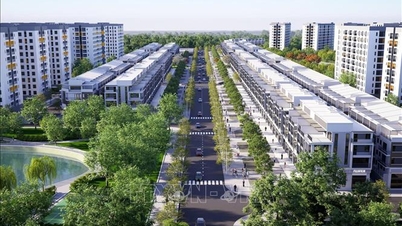
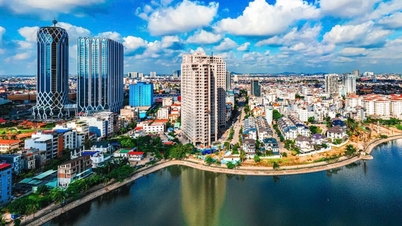


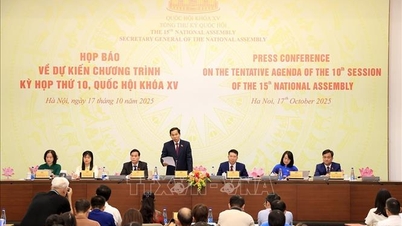









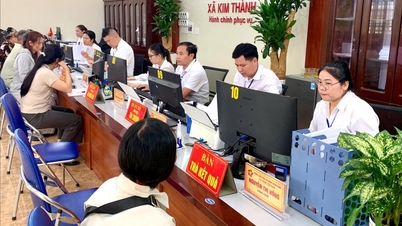



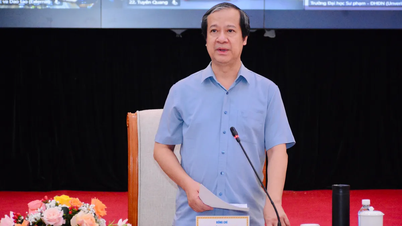


















Comment (0)